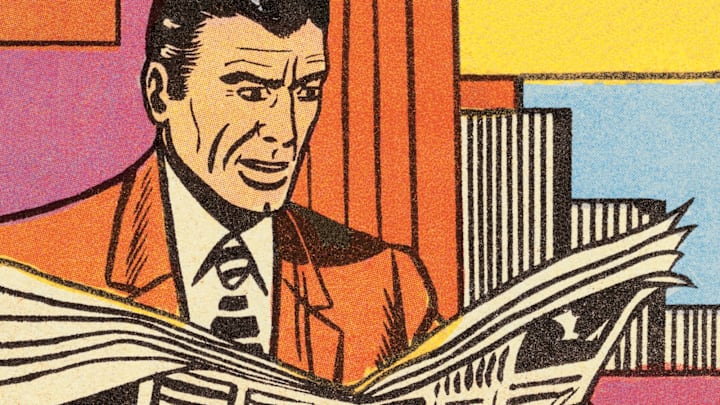There’s only one kind of job protected by the United States Constitution. It’s right there in the First Amendment: “Congress shall make no law … abridging the freedom of speech, or of the press.” The Founders saw the free press as essential to democracy; it was the thing that held those in power accountable to the people.
But is any role in a functioning free society more misunderstood these days? Journalism as an industry has been beaten down by financial losses, journalists have been threatened—or worse— just for doing their jobs, and elected officials regularly accuse the news media of fakery and fabrication. No wonder there are so many misconceptions about it.
Take, for example, the idea that journalism is biased. Commenters may feel the reporting is slanted toward one political viewpoint or another, or that publishers direct coverage of some topics but not others. Some readers might perceive only positive coverage of certain subjects and only negative coverage of others. A September 2023 Gallup poll found a mere 7 percent of Americans were very confident in the media’s ability to report news fairly, while 39 percent had zero confidence in its fairness. But as it turns out, it’s not necessarily that the news is shot through with bias—it’s that readers’ own biases are likely coloring their perception of the news.
In the latest episode of Misconceptions, host Justin Dodd is investigating some enduring myths about journalism, from its alleged bias to premature reports of its death. Watch the full video above, and make sure to subscribe to Mental Floss on YouTube for new videos every week.
Read More Articles About Misconceptions:
